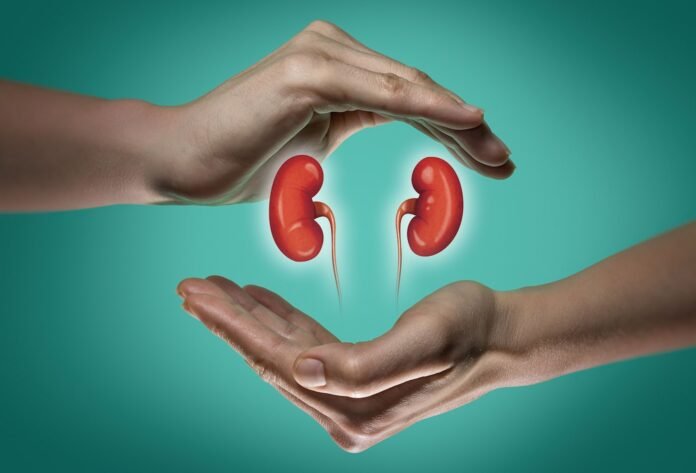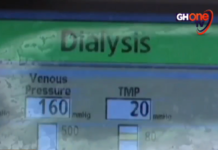
At least 35 children die annually of kidney failure in the Ashanti region, health officials in the region have confirmed.
This year, seven out of the ten children who reported with the condition at the Komfo Anokye Teaching Hospital (KATH) have already died.
According to a nephrologist at KATH, Dr. Anima Safo, the lack of paediatric dialysis machine in the region is making it difficult to handle kidney conditions among children.
“From 2013, we officially started collecting data and per year we get 30-35 kids who need kidney transplant at Komfo Anokye. Unfortunately, we haven’t been able to save any of the kids that come in. They all die when they get to end-stage renal disease. We even lost one this month.
“Even with those who have the funds, we put them on the adult dialysis, they do one today and the next day they tell you the money is not ready. We’ve seen about 10 cases so far this year. Some have passed and some are hanging in there [It’s like sitting on a timebomb]. Out of the 10, 7 have passed,” an emotional Dr Safo told Francis Abban on the Morning Starr Thursday, adding “From the data we have, the age range is from 5 to 14 years”.
She said there is an urgent need for the establishment of a paediatric dialysis centre in the region and other regions of the country to save children suffering from the condition.
“We need a pediatric dialysis machine in every region. You’ll be surprised where we get referrals from. If we get at least 2 in every region, we can handle acute dialysis. Once you get the kidney disease, make sure you take your follow-up seriously because when you do the doctors are able to pick it up early before it gets to the end-stage renal disease”.
Dr Safo urged Ghanaians to regularly check on the health of their kidneys.
“Make sure you eat a healthy diet. Drink a lot of water, exercise. Check your blood level. Check if you have a family history. Don’t smoke and don’t abuse drugs. The sad thing is, about 70% of the cases that come are new and when you do the diagnosis, you realize they have end-stage renal disease. 30% are cases that come regularly
Source: Ghana/Starrfm.com.gh/103.5FM




